Kashrus Kurrents, Summer 2022
Anyone
who has had the opportunity to visit Yerushalayim Ir HaKodesh, as
I recently did, will tell you that a must-see experience is a trip to the Geula
neighborhood on Erev Shabbos.
Rechov
Malchai Yisroel could very well be dubbed the commercial heart of the Chareidi community.
The stores pulsate with energy and electricity, while the streets teem with
traffic tie-ups, both on and off the sidewalks. It could be termed a
businessman’s dream or nightmare, depending on one’s ability to handle the
sheer crush of consumers. The side streets, on the other hand, are a labyrinth
of quiet residential apartments. One such quiet street is Rechov Yonah.
For six
out of seven years, the Stern family’s mirpeset (balcony) on Rechov
Yonah looks like any other mirpeset, but this year is not like the
others. During this year, shnas haShemita, the Stern’s mirpeset undergoes
an amazing transformation. Welcome to the Otzar of Bnei Brak – Jerusalem
Branch!
In brief,
the Otzar […]



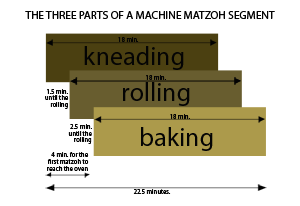



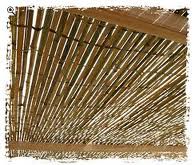




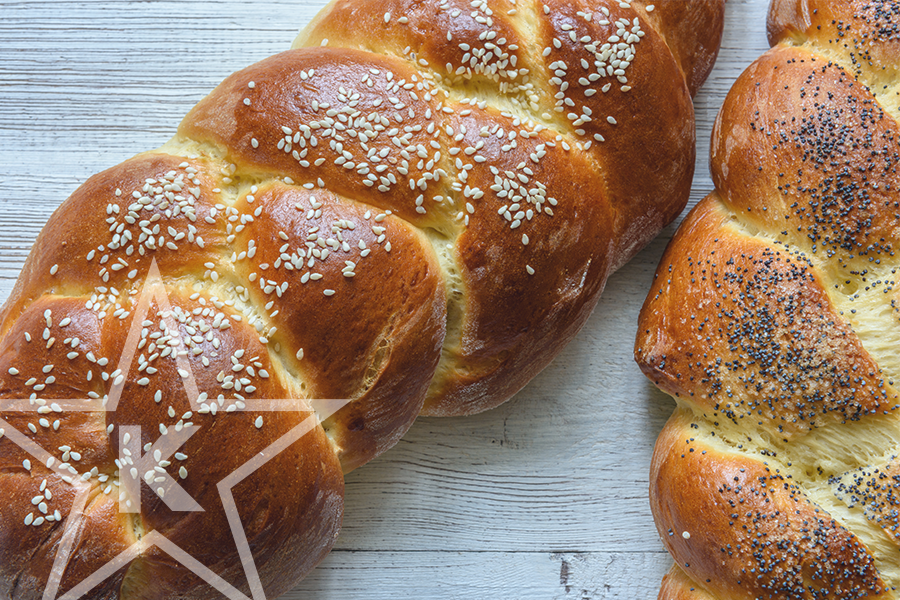

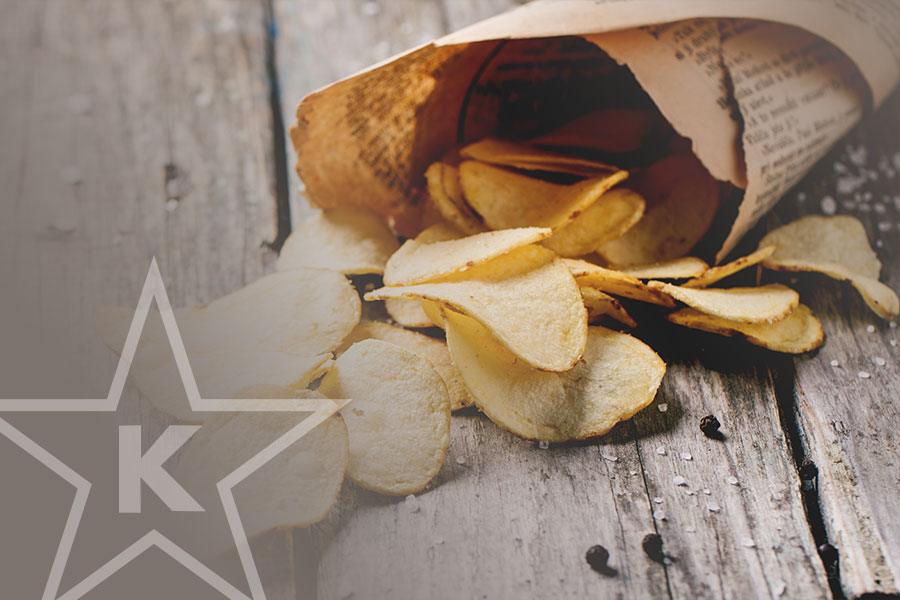

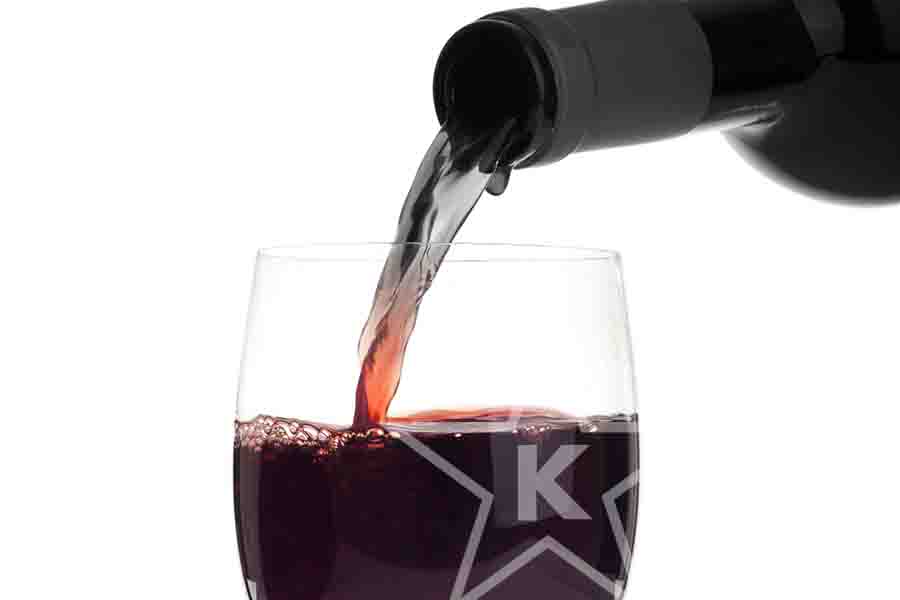
 STAR-D
STAR-D STAR-S
STAR-S